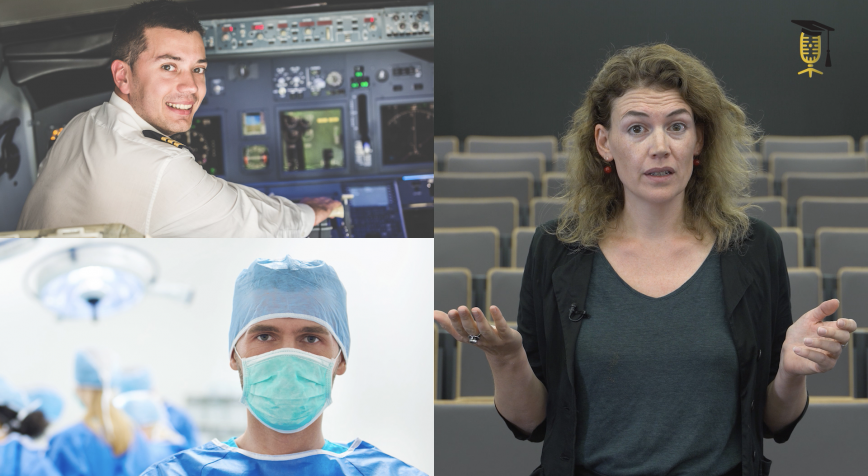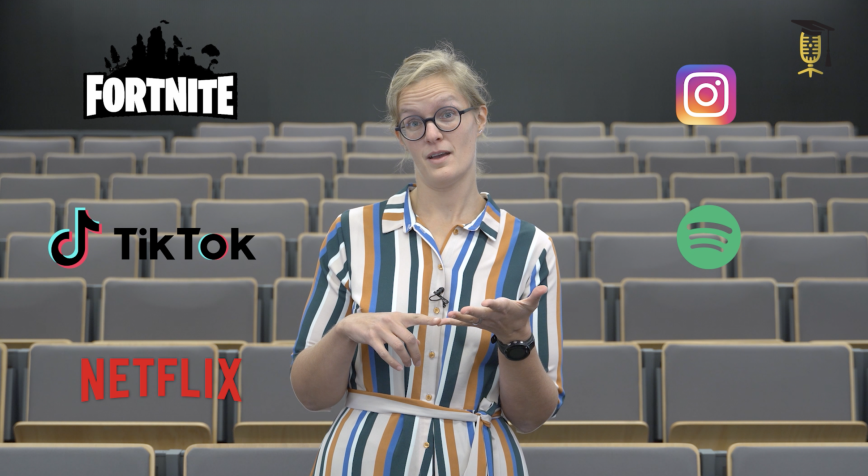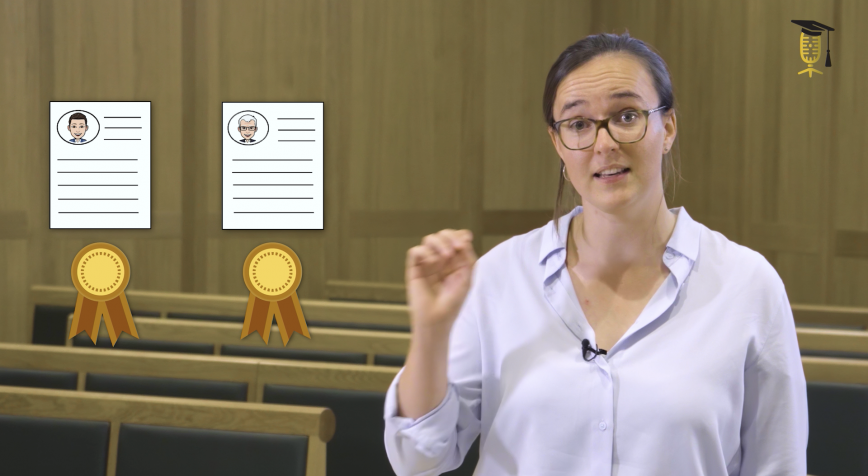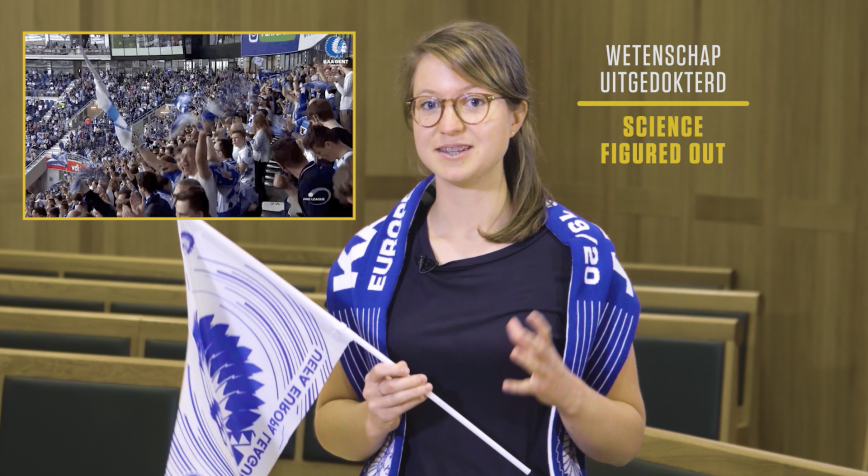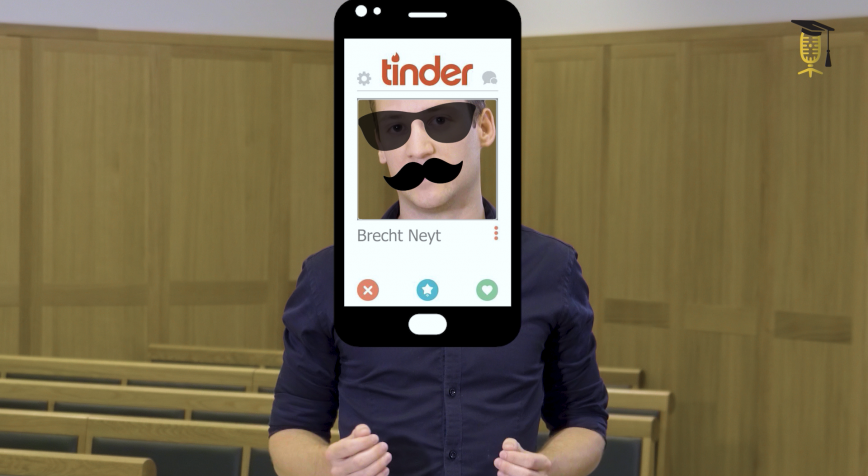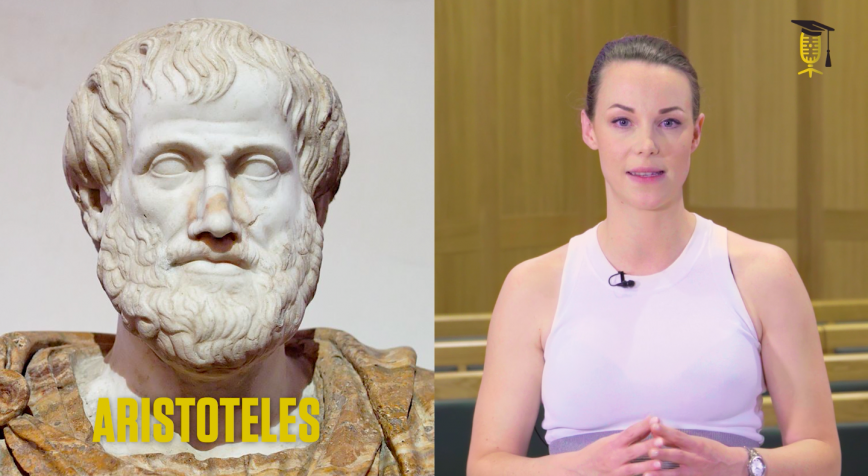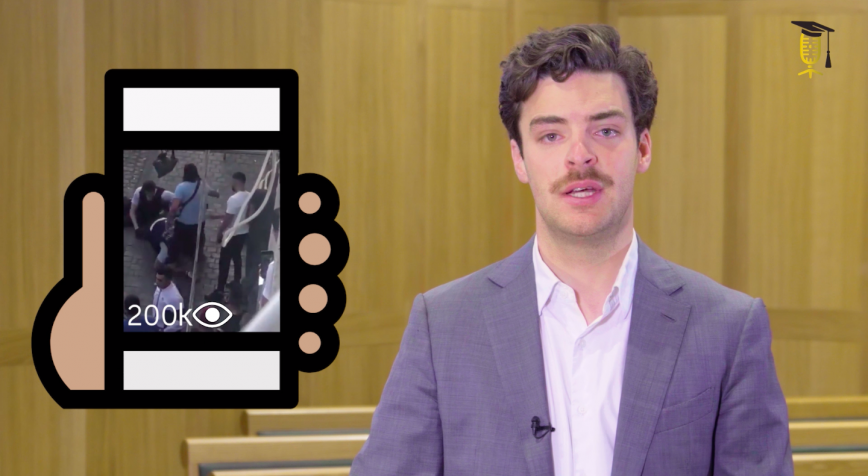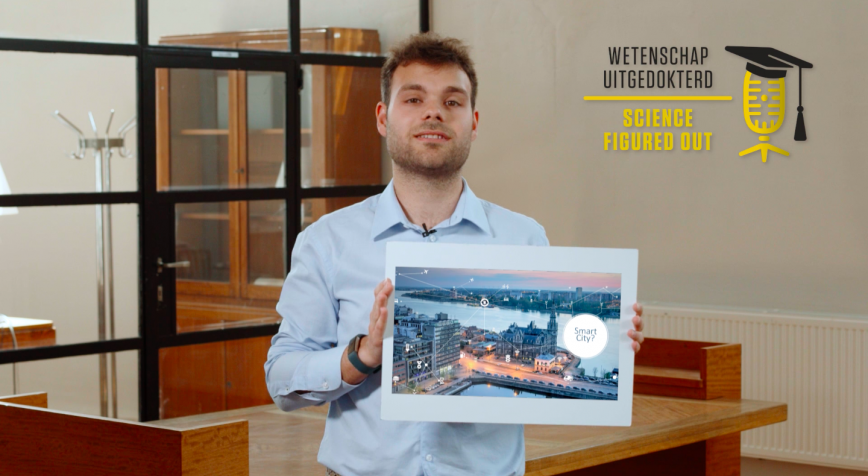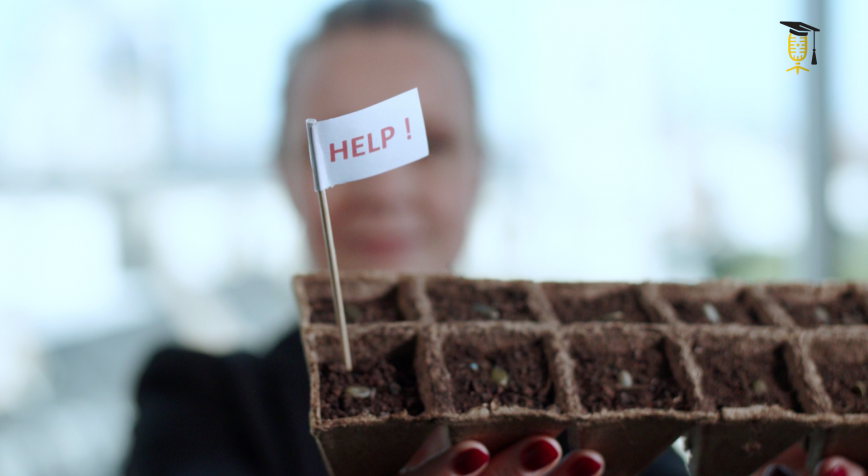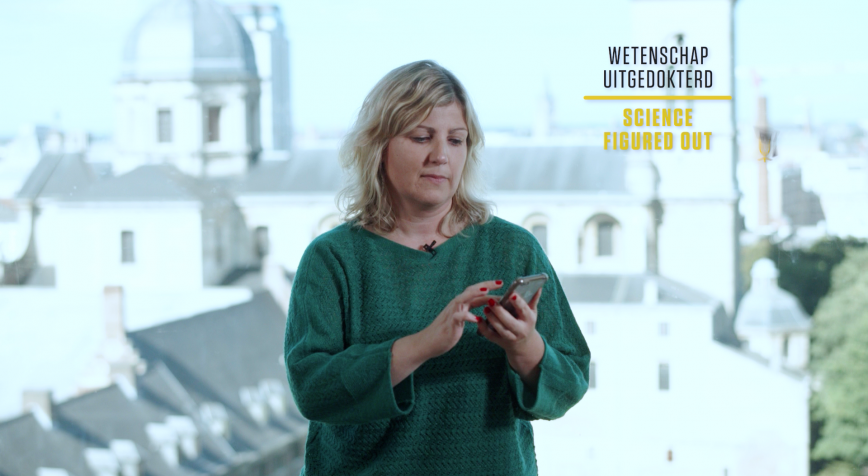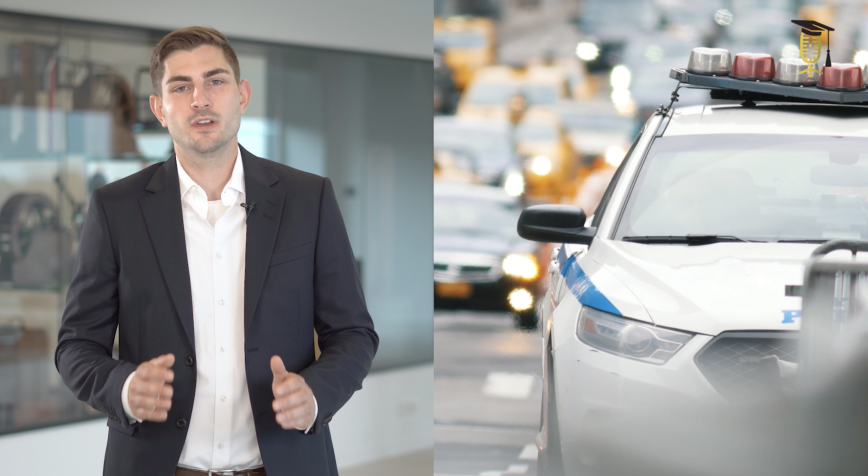
UGent
Where are the police? Linking crime and patrols
Research shows police spend only 60% of all patrol time in crime hotspots. Philipp M. Dau (UGent) uses data to analyze both police and crime hotspots. These new insights could help police departments more efficiently, guide officers while being on patrol and make our cities a safer place.
